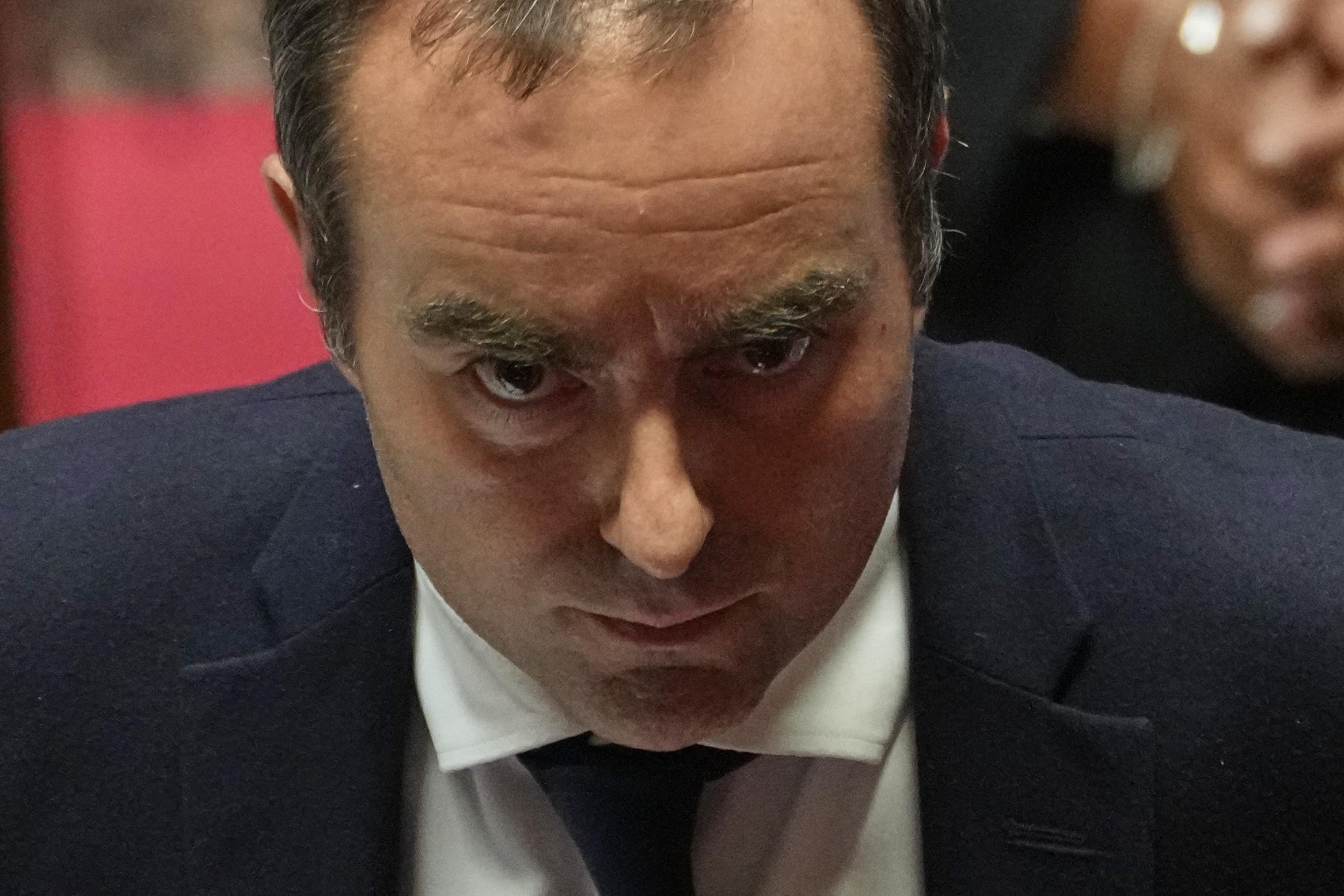French Prime Minister Sébastien Lecornu has successfully averted the first attempt to overthrow his government by loudly announcing the immediate suspension of the controversial 2023 pension reform. The concession to the Socialist Party, which set this condition to ensure they will not vote in favor of a motion of censure, could be the "lifeline" for the "Macronist" politician, pressured by the far-right and far-left amid one of the biggest political crises of the Fifth Republic.
"This suspension should generate trust to build new solutions," Lecornu warned in his address to the National Assembly to explain his government program. His proposal, hailed as a "victory" by the unions, involves suspending the gradual increase of the retirement age from 62 to 64 years until January 2028, after the 2027 presidential elections.
"This measure will eventually benefit 3.5 million French citizens," admitted Lecornu. "Therefore, it will need to be financially compensated, even with savings measures (...) I propose organizing a conference on pensions in the coming weeks and working in agreement with social partners."
His announcement was warmly applauded in the Socialist Party benches, with their 66 deputies capable of tipping any attempt to overthrow a government one way or another. The president of the socialist parliamentary group, Boris Vallaud, later confirmed in the parliamentary debate what was already an open secret: "The French were waiting for that statement and the suspension of the pension reform is finally here."
"This is the recognition of the struggle waged by the trade unions, which I want to thank," emphasized Vallaud, recalling the street protests against the reform pushed in 2023 without a vote in Parliament. "It is also a crack in Macronism's dogma," he pointed out before issuing a final warning to the prime minister: "We will be vigilant."
The announcement, speculated since Lecornu resumed his post last Friday (five days after resigning), was welcomed with relief by the centrist bloc parties and with concern by the right, with the leader of The Republicans and former Interior Minister Bruno Retailleau at the forefront: "This government is a hostage of the socialists."
"I accepted the mission entrusted to me by the President of the Republic because France must have a budget, because urgent measures must be taken without delay," said Lecornu at the start of his address to the National Assembly. "It is a duty, and I will fulfill it under certain conditions that arise from the composition of this Assembly."
"Some would like this parliamentary crisis to lead to a crisis of the regime," warned the prime minister. "This will not happen thanks to the institutions of the Fifth Republic (...) We live and will live in times of crisis. We either suffer them or use them to change."
"If there is no rupture, there will be censure, that censure is felt and is approaching," warned shortly after Sébastian Chenu, spokesperson for Marine Le Pen's National Rally, defining his party as "the people's cry" and recalling how two out of three French citizens directly support Emmanuel Macron's resignation as president. "Let everyone assume their responsibility, be they Republicans or Socialists, or whoever goes to bed first," Chenu cautioned. Despite the socialists' announcement, the National Rally hopes to vote on a motion of censure this same week.
Jean-Luc Mélenchon's France Unbowed also announced its own motion of censure, despite the announcement of the pension reform suspension. "The logic of the unbowed remains the same," declared Mathilde Panot, president of the far-left parliamentary group. "We will not participate in your sabotage."
Lecornu can now rest easier, even though he is aware of the other major battle he will have to fight in the coming weeks: the approval of the 2026 budget that cost his predecessor, François Bayrou, his position, who resigned on September 9 following the strong political and social backlash to his austerity budget (with social cuts of ¤43.8 billion and the suspension of two public holidays).
The "renewed" prime minister already announced the abandonment of the elimination of the two holidays in his first brief 27-day term. In his address to the National Assembly on Tuesday, he also outlined the main points of his 2026 budget, with a deficit reduction of 4.7%, slightly higher than the 4.6% proposed by Bayrou.
In another supposed concession to the socialists, who demand the implementation of the so-called "Zucman tax" on fortunes exceeding ¤100 million, Lecornu left the door open to "an exceptional contribution from the great fortunes to finance future investments that affect our sovereignty, such as infrastructure, ecological transition, or defense."
